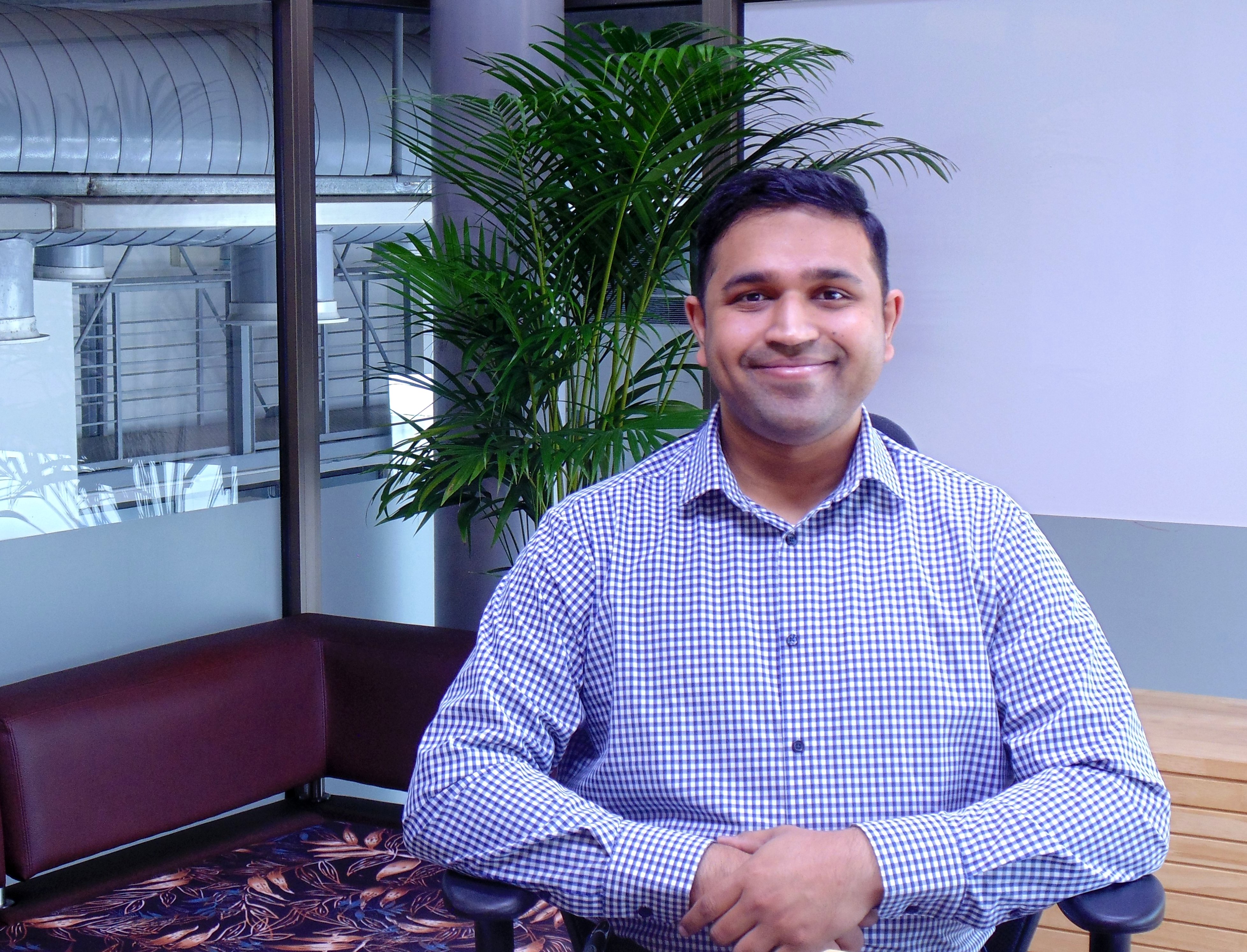Tapomoy applied his background in engineering and biophysics to solve problems in microbiology during his postdoctoral work at Princeton University, under the supervision of Prof. Sujit Datta. He studied how confinement alters bacterial motility and growth in disordered porous media which resemble the natural habitat of bacteria. Using a new microscopy approach, Tapomoy reported that the paradigm of run-and-tumble motility is dramatically altered in a porous medium. Instead, a new form of motility emerges in which cells are intermittently and transiently trapped as they navigate the pore space. Using this platform, he also reported how bacteria collectively migrate in disordered media via chemotaxis and how chemotaxis can lead to morphological smoothing of bacterial populations. This work provides a revised picture of active matter transport in complex media, with implications for healthcare, agriculture, and bioremediation.
Prior to that, Tapomoy completed a Ph.D. in Mechanical Engineering at the University of Florida under the supervision of Prof. Thomas Angelini. His graduate research focused on developing new ways to culture and study cells in three-dimensions. He pioneered a unique process for creating delicate cellular structures inside a jammed microgel-based growth medium. This process allows any currently available ECM/cell combination to be printed with minimal material constraints – attempting to eliminate the need for cell specific "bioinks" from research. Leveraging this system, he studied the dynamics of bioprinted microtissues and single cell migration in 3D. This work yields principles for predicting cellular migration and creating complex structures of cells with direct implications for tissue-engineering and basic understanding of 3D cell behaviour. Tapomoy received the Award for Outstanding Doctoral Thesis Research in Biological Physics from the American Physical Society for his graduate research.
In his own lab at NCBS, the ESoftBio Lab, he will focus on discovering new physical and biological principles emerging from the interactions between mammalian cells, bacteria, and their microenvironment.










0 Comments